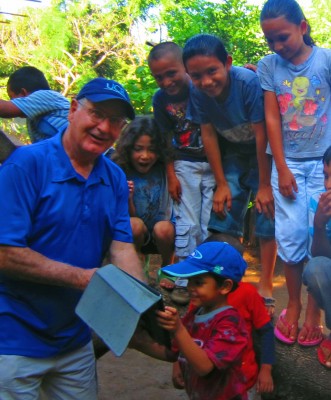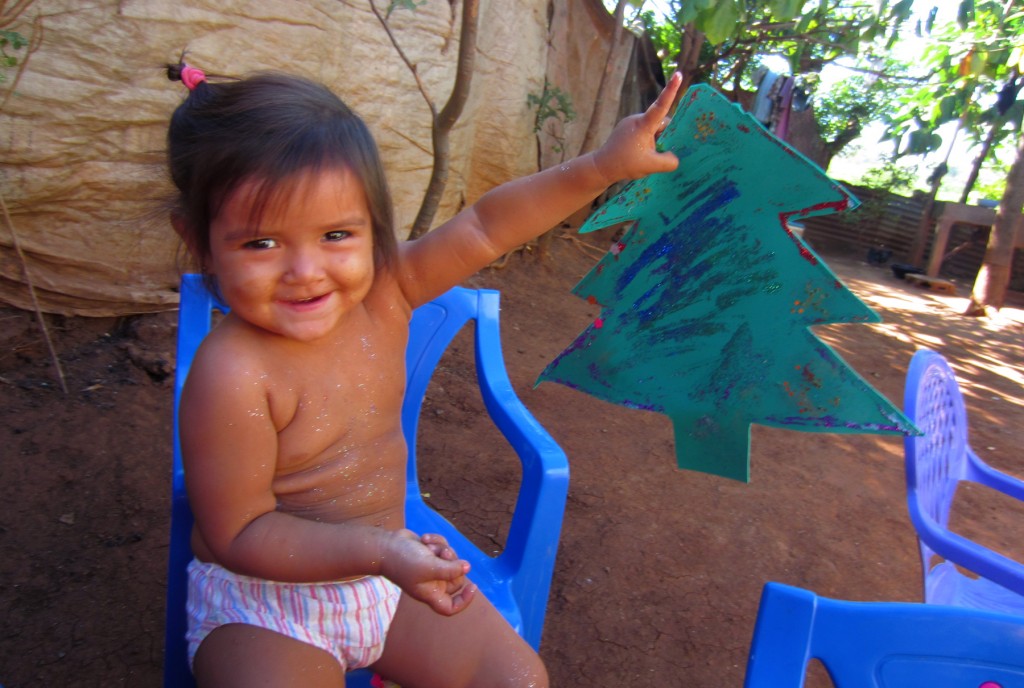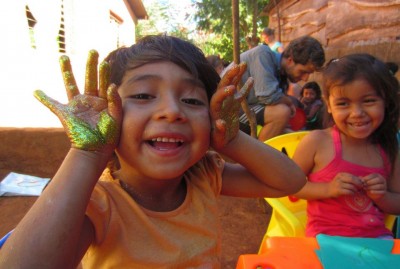
Our children are the happiest when they have the chance to play, learn, and grow unhindered by hunger and want
What Does Change Mean for the Children of Pantanal?
Nicaragua has the lowest net secondary school enrollment rate in Central America (43%) and the highest primary school dropout rate in Central America (50%). It has the highest percentage of young people in Central America who are economically active (and therefore not in school): 11% of children ages 10-14. According to the US Department of Labor, Nicaragua is one of 13 countries where coffee is produced by child or forced labor. And while primary and secondary school education in Nicaragua is technically free, the Nicaraguan government spends barely over 3% of its GDP on education, and the quality of public education is substandard, to say the least.
In Pantanal, which is extremely poor even by Nicaraguan standards, the graduation rate from elementary school is closer to 3 in 10. Education is key to breaking the cycle of poverty, but where do we start?
What can be done in the short term:
-

By providing our children with a piece of fruit at the beginning of class and a proper meal upon its successful completion, the children receive the nutrition and incentive they need to study
Proper nutrition through balanced meals daily gives the child energy to study and focus in class. Making sure a child is well-fed also fights early drug addiction (glue sniffing, a major problem in Nicaragua, is a way to kill hunger pangs so much so that parents that can’t feed their children sometimes give them glue), and reduces child labor rates (the child does not have to go into the fields or sell in the market and buses to raise money to feed her or himself).
- Basic school supplies facilitate daily school attendance. A pencil and notebook will allow the child to take notes and complete their homework.
- A uniform allows the child to start school at the beginning of the year.
- Shoes allow a child to attend school, when they otherwise might feel too embarrassed.
- Lice shampoo, a comb and bleach for sheets cure a child of lice and allows the child to attend school without shame.
- Learning English allows a child to obtain a skill that alone opens up a wealth of opportunities in tourism, teaching, and other middle class industries.
- Supplementary tutoring, such as we provide in our after-school program, allows the child to fill knowledge gaps that are a result of the poor quality of education in the public school system, improving their grades and allowing them to pass university entrance exams.
What can be done in the long term:
- Training in a trade allows older elementary school dropouts to obtain a marketable skill and enter into the economy.
- Access to computers allows older children to complete research they need to finish their homework.
- Community empowerment through educating all residents about their basic human rights, especially those of children and women, and their legal recourses.
- Breaking the cycle of poverty prevents the desperation that contributes to the high level of child labor and low level of high school graduation.
- University scholarships allow the brightest students to attend university and obtain the skills needed to become doctors, professors, business leaders, and other professionals.
Effecting Change: Concrete Results in just 6 months
Of the 22 students that submitted their report cards to us and have attended our program for at least 2 months, 12 showed improvement and 7 maintained their grades – an astounding achievement in Nicaragua, where student’s grades generally start to deteriorate in the second half of first grade until they eventually drop out .
Success! Below are a few examples of our student’s report cards:
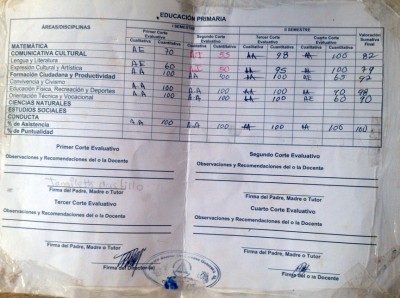
8 year old Prisila was failing second grade before she started in our program. After 6 months with our program, she is now amazingly earning perfect notes in math and reading/writing.
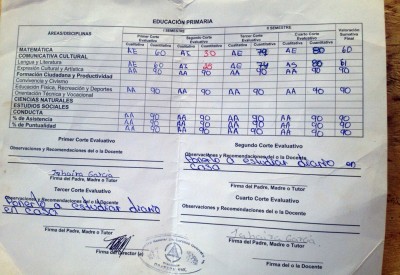
6 year old Andy was at high risk of not passing first grade. In six months of supplementary tutoring he has improved his math and reading/writing scores by 50 – 55 percentage points!
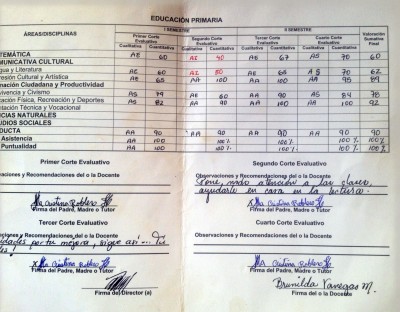
Keyla is another one of our students with excellent and attendance. In 6 months her grades have jumped 40 points in math and 30 in reading and writing. As her teacher has written: Great job on your improvement Keyla!

Francisco is consistently one of our best students: well behaved and an eager learner. His teacher has written on his second grade report card: I hope you stay in school! We at Education Plus will do our best to help Francisco in this endeavor.
As Covenant House’s Nicaragua Youth Status report concluded: While many factors contribute to low enrollment rates, the impact of poverty on youths’ access to education cannot be overstated. Education is associated with poverty reduction and higher levels of income. However, youth from low-income families are less likely to attend and maintain their enrollment in school. Instead, they partake in various economic activities in order to supplement their families’ meager earnings. It is crucial to develop, invest, and expand programs that increase the number of youth enrolled in primary and secondary schools and address the barriers that inhibit impoverished youths’ access to enhanced educational opportunities.
Will you help us save these beautiful children’s lives?
All donations made to Education Plus Nicaragua through our 501(c)3 partner Omprakash are 100% tax deductible
